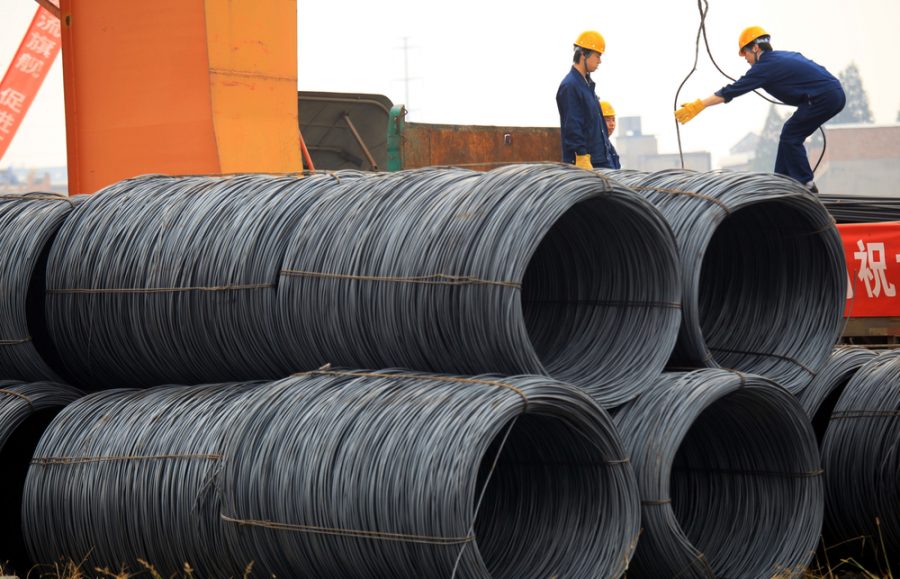
China should stockpile some non-ferrous metals to take the pressure off producers whose sales have been drying up because of the country’s coronavirus outbreak, the China Nonferrous Metals Industry Association (CNIA) said on Thursday.
Top metals consumer China is battling an epidemic that has killed more than 2,700 people and disrupted industrial supply chains in the country.
While major smelters have managed to maintain “normal production”, most copper and aluminium processors and downstream consumers have had their return to work delayed after an extended Lunar New Year break, said the CNIA’s deputy secretary general, Jia Mingxing.
“As a result, the demand for metals has declined temporarily,” Jia was quoted as saying in a newspaper run by the CNIA, adding that smelter inventories have risen as a result.
The start of stockpiling “can effectively alleviate the increase in inventory” at metal producers and address falling prices and operational difficulties, Jia said.
The start of stockpiling “can effectively alleviate the increase in inventory” at metal producers
It can also provide reserve supply for downstream industries such as real estate construction, air conditioning and battery manufacturing, which will need metal to resume work, he added.
Inventory typically refers to stock that a business intends to sell, whereas stockpiles are usually larger accummulations of material held in reserve for times of emergency.
On a national level, such stockpiling activities in China have traditionally been carried out by the State Reserve Bureau, which is overseen by the National Development and Reform Commission.
Utilisation rates at copper and aluminium processors surveyed by the CNIA stood at 59% at Feb. 26, up 12.9 percentage points from the previous week, Jia said, having been slow to recover after the holiday because workers were hit by virus-related travel restrictions.
Capacity utilisation rates averaged at 81.5% for copper smelters, 87.6% for aluminium smelters and 80.2% for lead and zinc smelters, Jia said without providing figures for the previous week.
Of 241 non-ferrous smelters and copper and aluminum product makers surveyed, 90.5% were back at work by Feb. 26, up 7.1 percentage points from a week earlier.
Jia also suggested that China should suspend imports of sulphuric acid, a byproduct of metal smelting. Some smelters have been forced to cut production in recent weeks because they have been running out of storage space for sulphuric acid, which they are having difficulty selling.
With funds tight and payment cycles slowing because of the epidemic, hard-hit metal companies will receive tax relief and preferential interest rates on credit, Jia said.
(By Tom Daly; Editing by David Goodman)
Comments